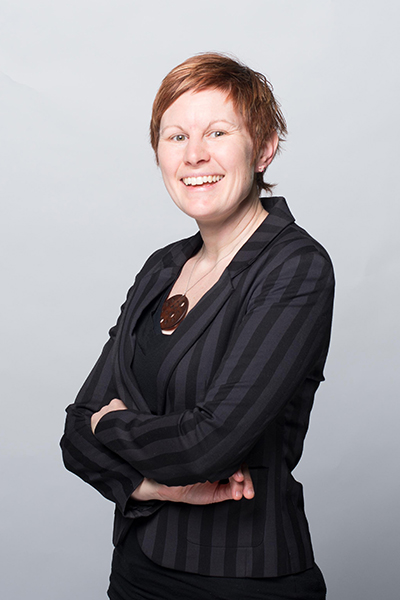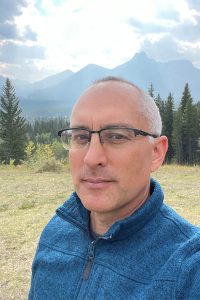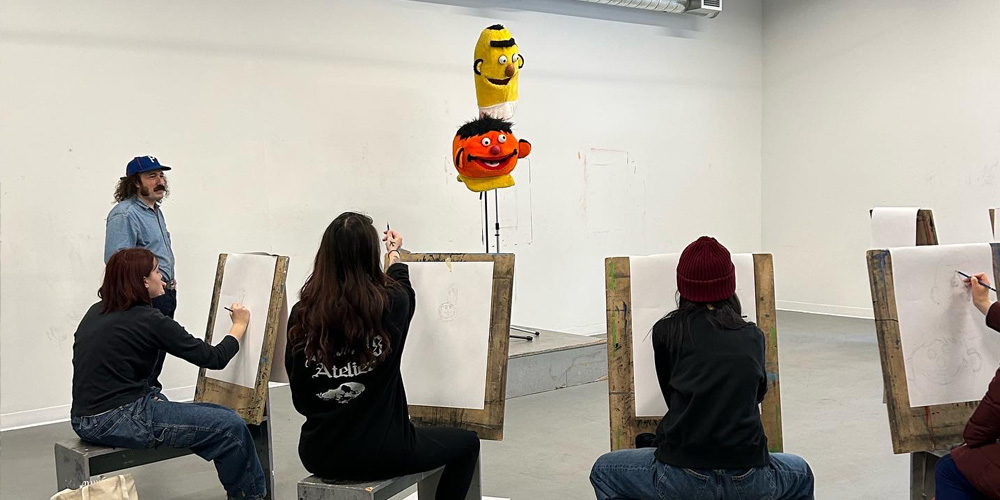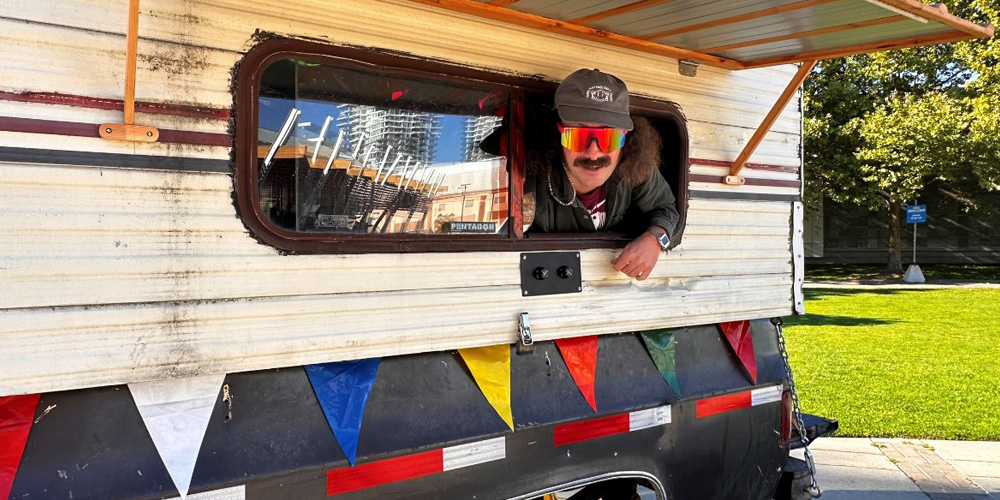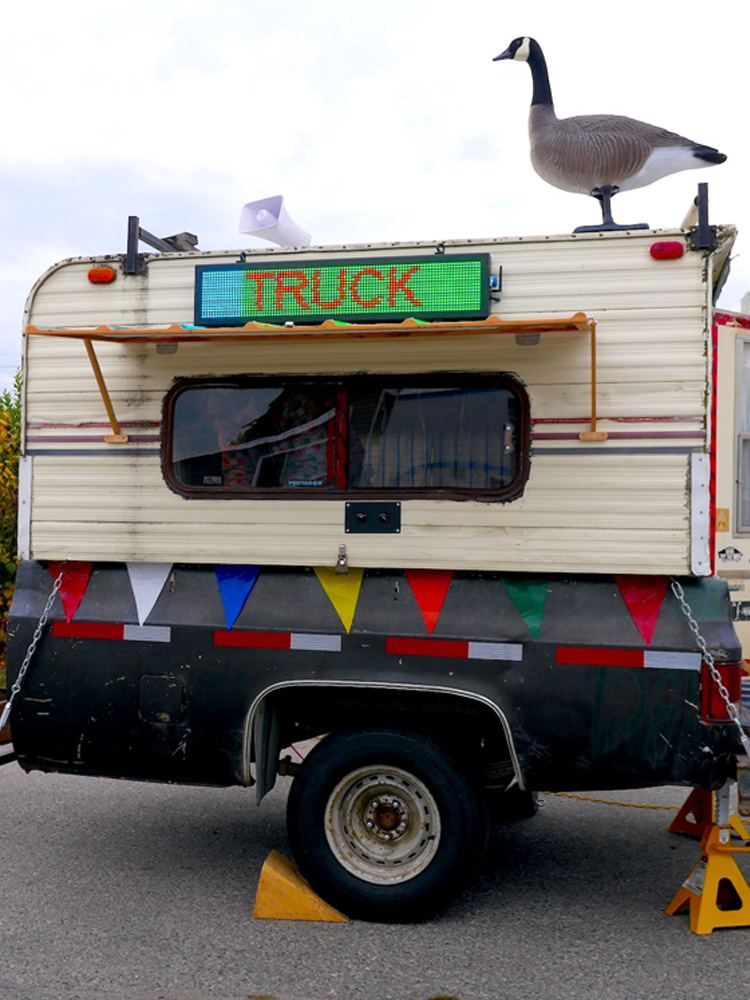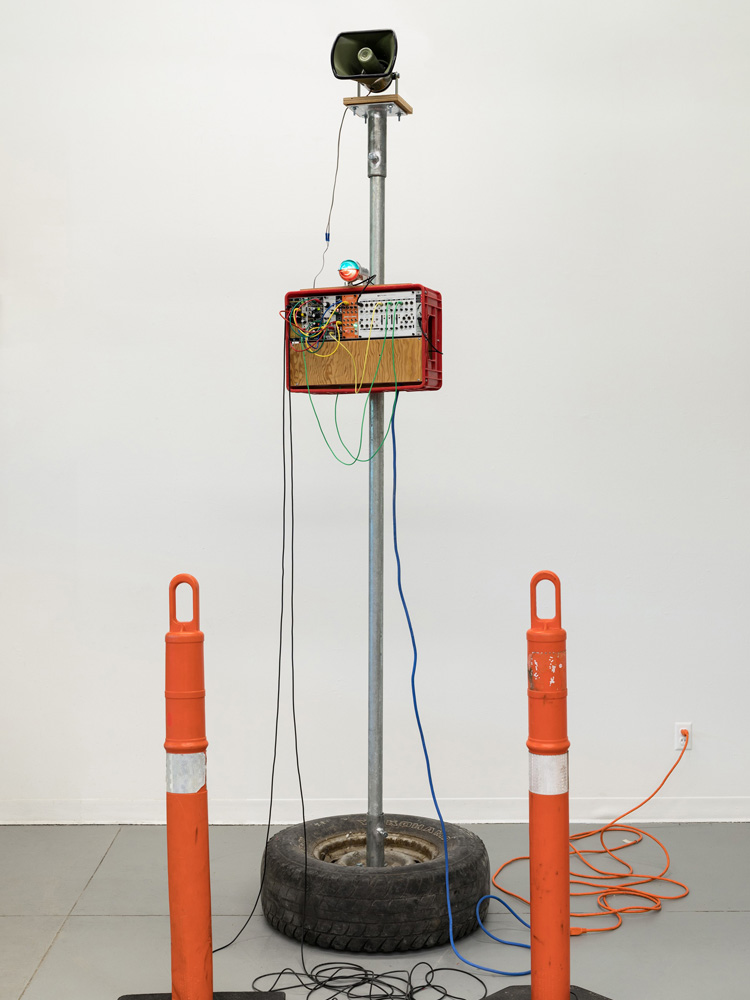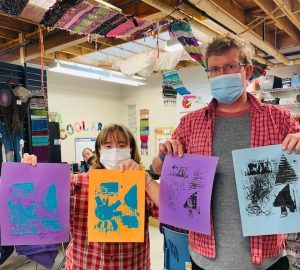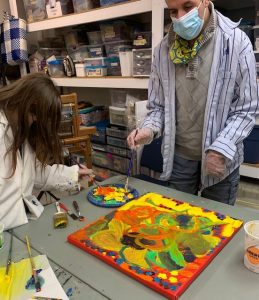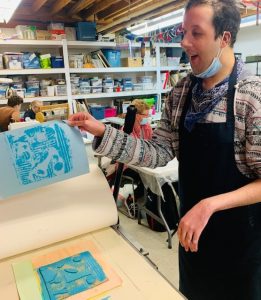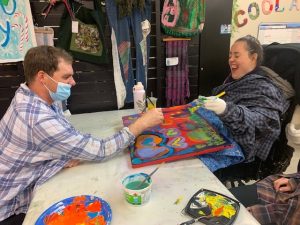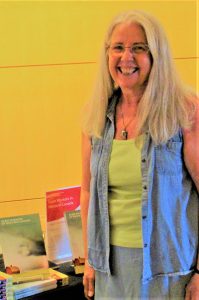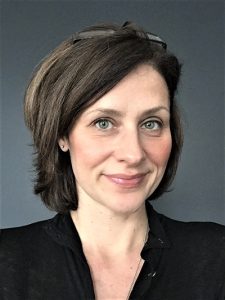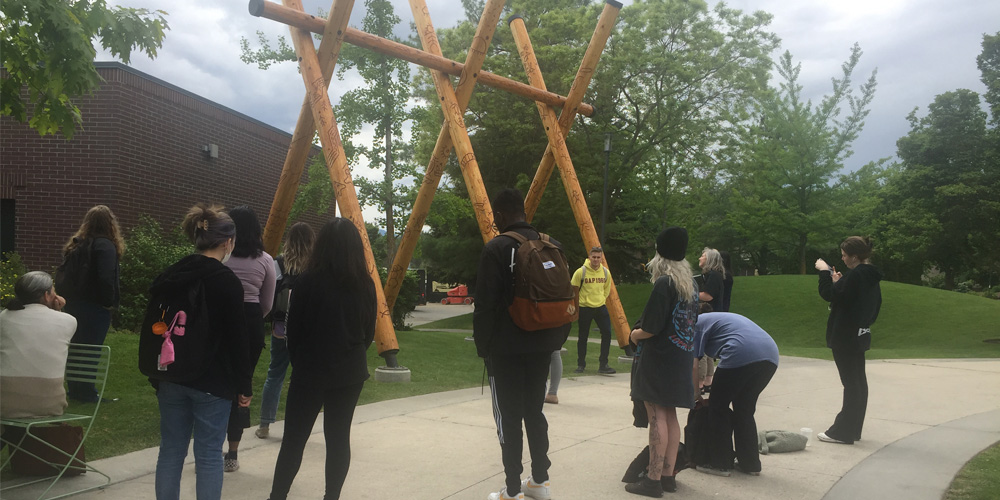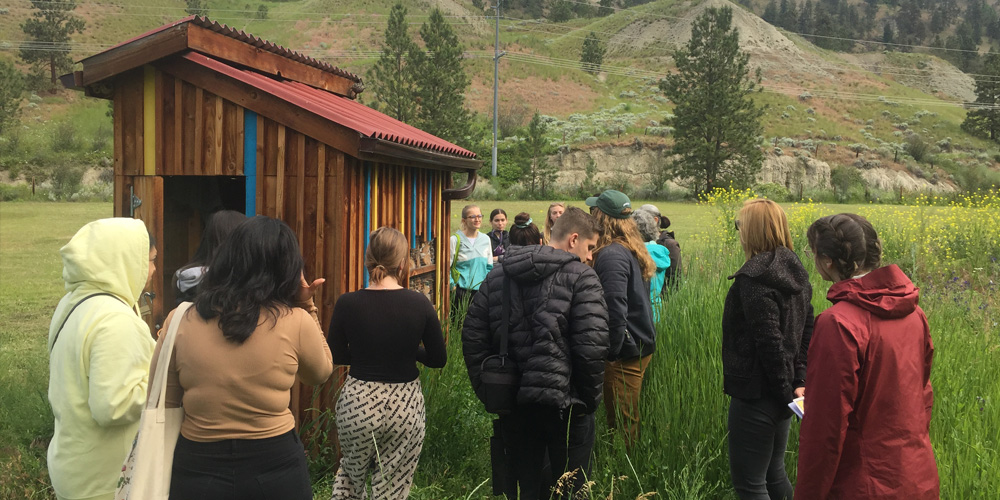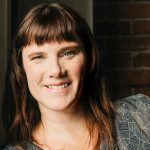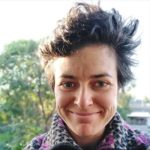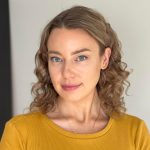Jannik Haruo Eikenaar is a son, nephew, cousin, brother, husband, father, and uncle who lives and works on the ancestral, traditional, and unceded territory of the syilx Okanagan people. He is the child of Dutch and Japanese settlers to this part of the world, and he is strongly committed to principles of inclusive excellence in both his professional and personal lives. As an academic, he is an Associate Professor of Teaching in the School of Engineering, the Bauder Professor (Okanagan) of Experiential Learning and Leadership, and the inaugural Associate Provost (Okanagan) of Inclusion, Diversity, Equity, Antiracism.
Dr. Eikenaar completed both his Masters of Arts in English and his PhD in Interdisciplinary Studies in our English and Cultural Studies department. We talked to Dr. Eikenaar about his time earning his degrees here at UBCO.
Tell us about the road to earning your UBC degrees.
I grew up in the Okanagan and, like a lot of people who grew up in smaller towns, I couldn’t wait to get out. So that’s what I did when I graduated high school. I went to Montreal, completed my BA and thought I would never come back here. And then my partner and I started thinking about a family and where we would like to be connected, so we came back here. Originally, I considered pursuing a career in K-12 teaching but I quickly changed my focus to academia. I completed both my MA and my PhD here at UBC’s Okanagan campus.
What are the highlights of your UBC experience?
The Okanagan campus is a size that makes it really collegial. I’ve collaborated with people in every Faculty on campus and that’s been tremendously rewarding.
Is there a professor that stands out as someone who made a difference and helped you along the way?
Drs. Jennifer Gustar and George Grinnell were both pivotal in my degree program. They gave me opportunities, pushed me, and challenged me to think differently. But in addition to that they also modelled how to be a good academic and how to be a good colleague. They’re both tremendously committed to the university as a place. I really value what I learned from them about bringing a positive approach and clearly modelling what you want the academy to be.
What advice would you have for a student who is contemplating currently pursuing their graduate degree at UBCO?
When you’re doing graduate work, it’s a unique opportunity and intellectual exercise. There are elements of risk and vulnerability to this work. I think it’s important to recognize that and try to be conscious of it, and then to embrace it in a way that allows you to manage your work and not feel overwhelmed. Connecting with others is huge, especially in the humanities. Given the nature of humanities scholarship it can be really isolating. Connecting and engaging with others is just so, so important in these fields of study and in doing this kind of work. And it really is shaping you as an academic. My advice is: embrace that vulnerability, take that risk, and connect with others.
